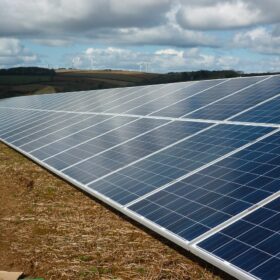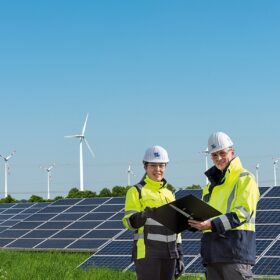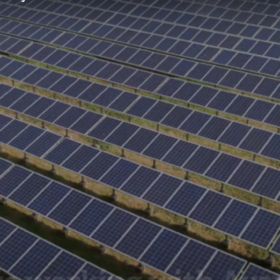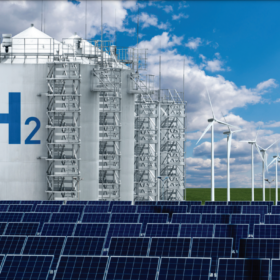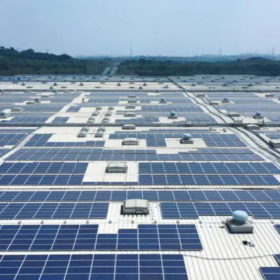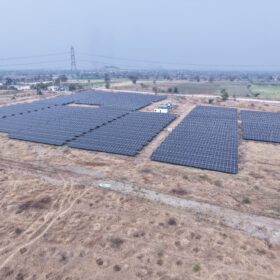Government considering viability gap funding, ALMM mandate for battery storage projects
The Indian government is considering financial incentives such as viability gap funding and green finance to encourage the adoption of energy storage systems in the country. It may also issue an Approved List of Models and Manufacturers (ALMM) mandate for battery storage systems for power sector applications.
The Hydrogen Stream: Gulf nations moving forward with tech cooperation
Acwa Power and Eni have signed a hydrogen development deal, while AFC Energy has signed an agreement with Tamgo to sell hydrogen generators.
IREDA, IIFCL team up to finance renewable energy projects
Indian Renewable Energy Development Agency Ltd (IREDA) and India Infrastructure Finance Co. Ltd (IIFCL) will engage in co-lending and loan syndication for all categories of renewable energy projects.
Global flow battery market to grow at 22.8% annually
The global flow battery market will expand from $289 million in 2023 to $805 million by 2028, driven by increasing investments in renewable energy and flow batteries’ advantages over conventional products.
Uniper to build Germany’s largest PV plant
Uniper plans to power a green hydrogen production facility in the German state of Lower Saxony with 317 MW of solar.
Ayana to develop 330 MW of renewable energy capacity for Hindalco
Ayana Renewable Power has signed an agreement with aluminum and copper manufacturer Hindalco for a round-the-clock supply of 100 MW RE power. It will develop 330 MW of solar and wind power generation capacity, backed with pumped hydro storage solutions from Greenko Energies, to supply carbon-free power to Hindalco.
Andhra Pradesh requires $10-15 billion to achieve green hydrogen capacity of 500 ktpa by 2030
Andhra Pradesh requires an estimated $10-15 billion to achieve 500 ktpa green hydrogen capacity by 2030. Around 70% of this investment will be needed to create renewable energy infrastructure such as solar and wind power generation plants, with the balance for electrolyzer capacity additions.
NTPC, OIL sign MoU for renewable energy and green hydrogen
NTPC and Oil India Ltd have signed a Memorandum of Understanding to explore collaboration in renewable energy, green hydrogen and other areas as they eye increased footprint in the renewable energy domain.
India expected to add a record 4 GW of rooftop solar in fiscal 2024
Despite major roadblocks, rooftop solar capacity additions in the country are growing fast, with nearly 2 GW already added in the four months ending July 31, 2023.
USA, India launch renewable energy technology action platform
The renewable energy technology action platform will initially focus on green and clean hydrogen, wind energy, long-duration energy storage, and exploration of geothermal energy, ocean/tidal energy and other emerging technologies.


